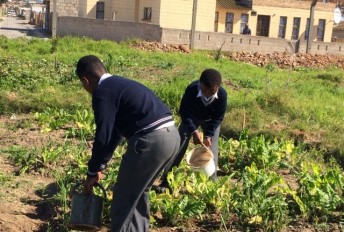
Posted on October 20, 2019
Nomonde Ntsundwana, a teacher at a Nelson Mandela Metropol primary school, has taken her role of educator beyond the classroom. As a champion of nutrition and school gardens, she leads a strong team of teachers, students and community members that supports the production of nutritious food...
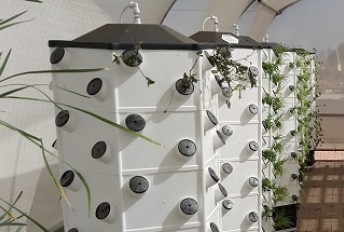
Posted on October 16, 2019
By 2050, we will need to produce at least 50% more food than we do currently to feed 10 billion people. However, over half the land in the world is already used to produce food, and agriculture has a significant negative impact on the environment.
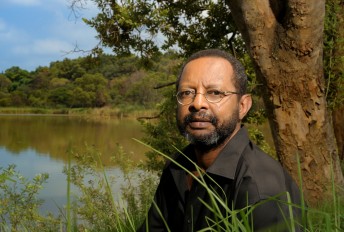
Posted on October 09, 2019
Professor Rashid Hassan, Emeritus Professor in the Department of Agricultural Economics, Extension and Rural Development in the Faculty of Natural and Agricultural Sciences at the University of Pretoria (UP), has been awarded the International Society for Ecological Economics (ISEE) 2020 Boulding...

Posted on August 30, 2019
In this edition of our #WomenofUP series we speak to Professor Sheryl Hendriks, the University’s first female Head of Department of Agricultural Economics, Extension and Rural Development.

Posted on August 02, 2019
Walking into a local clinic in Malawi, you will be faced with images calling for men to take a more active role in children and mother’s health. Some of the messages boldly challenge what we consider to be normal, explicitly stating that “Exclusive breastfeeding is a husband’s...
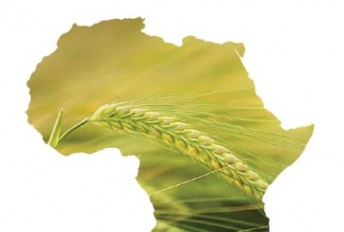
Posted on July 29, 2019
We often mistakenly assume that malnutrition is visible and manifests in physical appearance. However, there is a form of malnutrition that is not visible and occurs when a person is not getting enough vitamins and minerals from their food. For example, iron deficiency anaemia can be caused by...
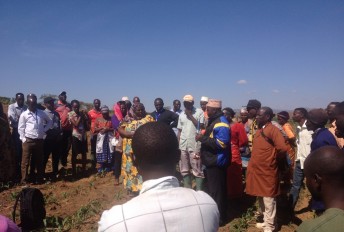
Posted on July 02, 2019
Globally 1.1 billion people lack access to water and 2.7 billion experience water scarcity for at least one month of the year. Agriculture takes up 60% of freshwater usage. A typical farmer spends a significant amount of time and money irrigating their plots. They often do not realise that they...
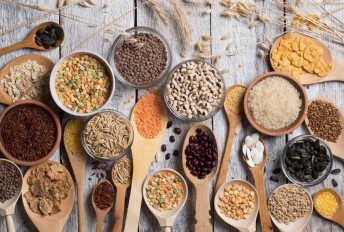
Posted on May 27, 2019
With the emergence of climate change, alternative solutions are needed to improve the availability of food. This is particularly true in Africa where most countries rely on rain to water their plants. Consequently, food becomes scarce during periods of drought.
Copyright © University of Pretoria 2025. All rights reserved.
Get Social With Us
Download the UP Mobile App